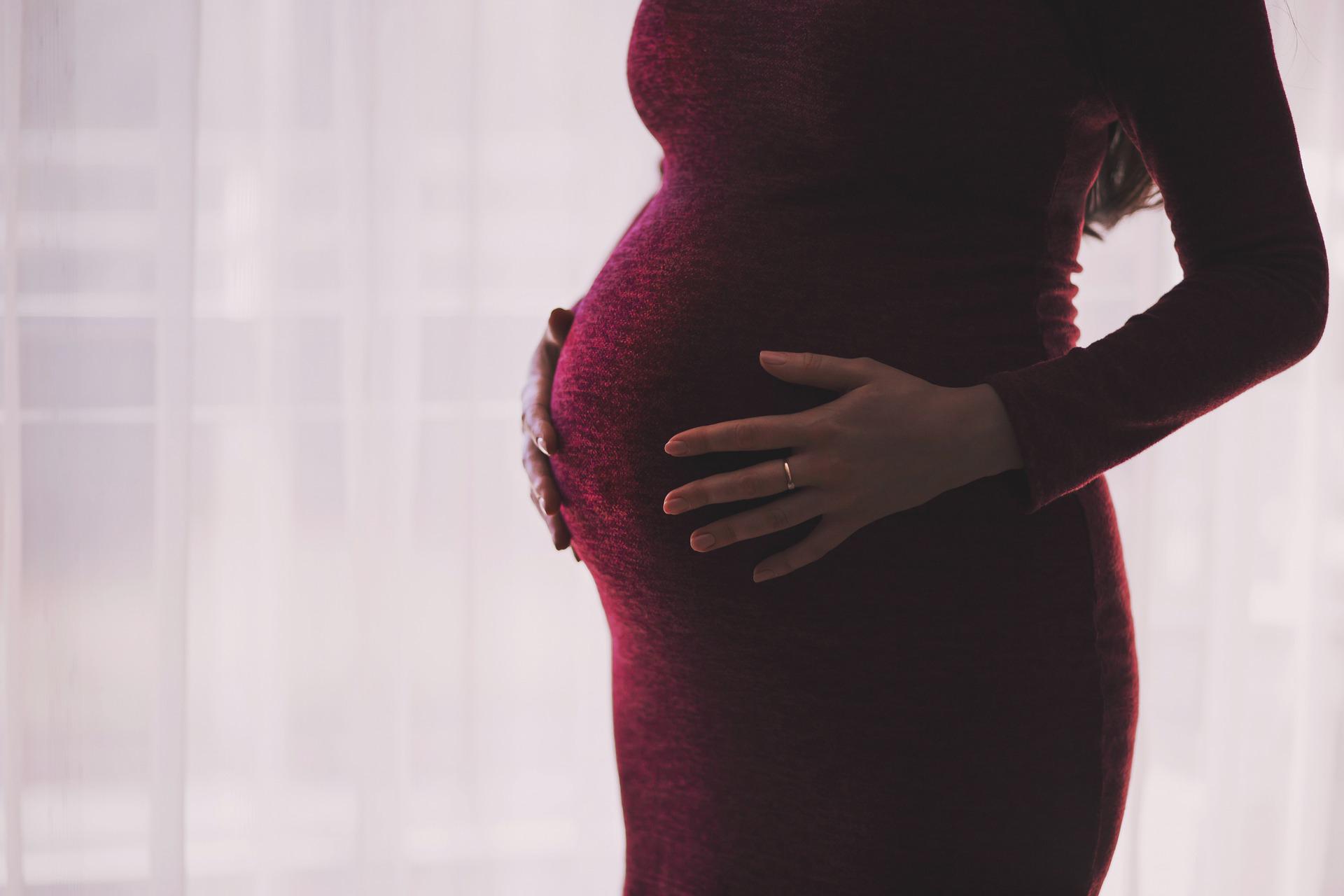
Fibroids During Pregnancy: What Should You Know
Fibroids (Leiomyomas) are lumps of muscle tissue that grow inside the uterus and are usually non-cancerous. Women may develop one or several fibroids at a time. The size of these lumps range from small 9seed-sized) to large (grapefruit-sized). These fibroids can grow anywhere in any location in the uterus (on the wall, outside the uterus, in the uterine cavity, attached to the stem). Fibroids during pregnancy go unnoticed by most women and are discovered during prenatal check-up or during a pelvic exam. Fibroids are common and affect the young women in their 30s but its impact changes drastically from case to case. Some of the symptoms of fibroids are :
- An enlarged lower abdomen and a feeling of fullness
- Bleeding between periods
- Chronic vaginal discharge
- Constipation or other digestive issues
- Difficulty urinating
- Long periods, heavy menstrual bleeding, and/or menstrual pain
- Lower back pain
- Painful sex
- Pressure on the bladder, causing frequent urination
- Pressure on the rectum, causing constipation or difficult bowel movements
Usually, fibroids during pregnancy have nothing to be worried about since fibroids are commonly non harmful and can be treated with mild painkillers. The majority of the time, fibroids do not grow in size during pregnancy, However this does happen in some situations. Estrogen plays a role in fibroid growth, and its levels rise dramatically in a woman’s body during pregnancy. This is why some women may develop fibroids during pregnancy, and these fibroids often begin to shrink soon after birth. Also, in some rare cases, fibroids can cause harmful complications like breech presentation, abnormal placenta, incomplete cervical dilation, bleeding early in pregnancy etc.
Many women with fibroids wonder if they’ll ever be able to have children because of their fibroids. Fibroids can affect fertility, however the severity of the effect varies greatly from case to case. The location of the fibroids is the most important element that can predict the influence on fertility. Uterine fibroids can affect the shape and size of the uterus if they are positioned in specific locations of the uterine cavity. This is especially true if the uterine fibroids grow to enormous proportions. While fibroids in the uterine wall might affect fertility, the effect is usually far less severe.
It is wise to see your doctor if you feel that you have any of the symptoms. And if fibroids are detected and you are pregnant or trying to get pregnant, it is important to discuss this with your doctor and weigh all risks and medications.
















